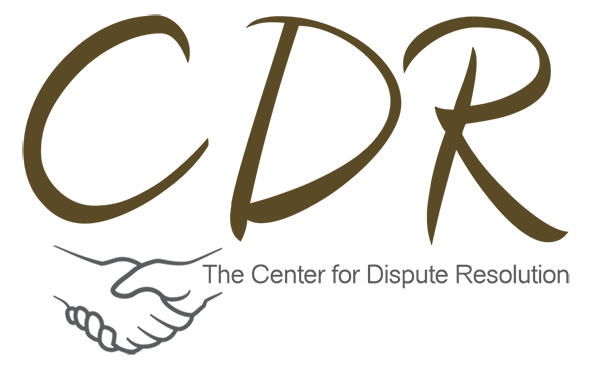
What’s the Difference Between Mediation and Counseling?
In many situations, mediation and counseling can appear to be very similar. In fact, in some instances, it may be very difficult to distinguish the two, especially in marital mediation, pre-marital mediation, and discernment mediation. While there are similarities, there are many key differences between the two besides their basic purpose. Mediation and counseling are two distinct processes that are often used to help individuals and groups resolve conflicts and address emotional or psychological issues. While there are some overlap in terms of the skills and techniques used by mediators and counselors, there are also significant differences between the two practices. In this post, I will explore 10 key differences between mediation and counseling.
Differences
Purpose: Firstly, the purpose of mediation is to resolve a specific conflict between two or more parties, while counseling is focused on helping an individual or a group cope with emotional or psychological issues. Mediation aims to find a mutually acceptable solution to a specific problem or dispute, while counseling is a more general process that can address a wide range of personal or mental health issues.
Parties Involved: Secondly, the parties involved in mediation and counseling are also different. Mediation typically involves two or more parties in conflict, while counseling usually involves an individual or a group seeking help from a trained professional.
Relationship: The relationship between the mediator or counselor and the parties involved is also different. In mediation, the mediator is a neutral third party who facilitates communication and negotiation between the parties. In contrast, in counseling, the counselor or therapist has a therapeutic relationship with the client(s) and provides guidance, support, and insight to help the client(s) cope with their emotional or psychological issues.
Confidentiality: Fourthly, confidentiality is a significant factor in both mediation and counseling. Mediation is confidential, but the mediator may need to disclose information if required by law or if there is a threat to someone’s safety. Counseling is also confidential, except in cases where there is a legal or ethical obligation to report information.
Outcome: The fifth difference between mediation and counseling is the desired outcome. The goal of mediation is to reach a mutually acceptable solution to a specific problem or conflict, while counseling aims to improve the client’s emotional or psychological well-being.
Timeframe: Sixthly, the timeframe for mediation and counseling is different. Mediation typically occurs over a limited period, often a few sessions, while counseling may be ongoing for a longer period, depending on the individual or group’s needs.
Role: Seventh, the role of the mediator/counselor is different. The mediator facilitates communication and negotiation between parties, while the counselor provides guidance, support, and insight to the client.
Legal Status: Eighthly, the legal status of mediation and counseling is different. Mediation is often used as an alternative to litigation, while counseling is not typically associated with legal proceedings.
Training and Qualifications: Ninth, the training and qualifications of mediators and counselors differ. Mediators are typically trained in conflict resolution, negotiation, and communication skills, while counselors have training in psychology, counseling theories, and therapeutic techniques.
Scope: Finally, the scope of practice for mediators and counselors also differs. Mediators are trained to deal specifically with disputes, while counselors can address a wide range of issues, such as mental health, relationship problems, and addiction.
Conclusion
In conclusion, mediation and counseling are two distinct practices that are used to help individuals and groups resolve conflicts and address emotional or psychological issues. While there are similarities between the two practices, there are also significant differences in terms of their purpose, parties involved, confidentiality, desired outcome, timeframe, role of the mediator/counselor, legal status, training, and scope of practice. Understanding these differences is essential to choosing the most appropriate process for resolving a specific problem or issue.
✅ Resolve disputes effortlessly. ✅ Build stronger relationships. ✅ Subscribe FREE now!
Don't miss out! Join us today. 🚀


Comments are closed